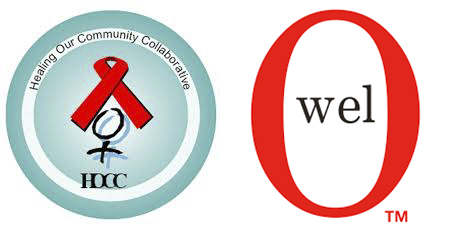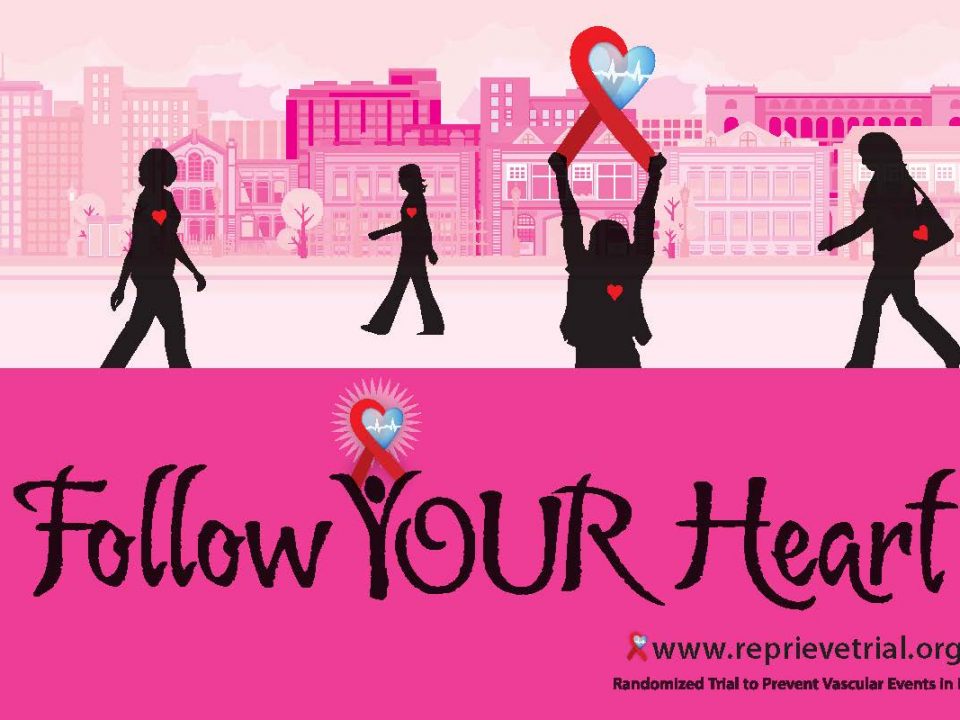By Corinne Rivard
“Women are silenced by HIV stigma, shame, and guilt and those women need other women to share their experiences and learn from each other.”
—Heidi Bright, MSN, APRN-BC, LADC-I
Worldwide, 17.8 million women are living with HIV, accounting for about half of the HIV positive population.1 In the United States, women make up 20% of the over 1 million individuals living with HIV.2 Peer and community support initiatives may help women with HIV maintain their physical and emotional well-being.
We had the opportunity to learn from HIV Community Educators about two community organizations in the U.S., created for women living with HIV and women who are at an increased risk for HIV. Heidi Bright, MSN, APRN-BC, LADC-I, Executive Director of Healing Our Community Collaborative, Inc. (HOCC) and Dorcas Baker, RN, BSN, MA, ACRN, Chair of Older Women Embracing Life, Inc. (OWEL) took the time to answer a few questions.

HOCC is the oldest and largest volunteer organization for women, by women, about women living with, affected by, or at risk for HIV in Massachusetts. HOCC’s monthly programming focuses on empowering women with respect to a variety of women’s health issues including living with HIV positively, heart health, domestic violence, breast cancer, reflection and gratitude, and oral health.

OWEL is an organized network that provides support for senior women, many living with or impacted by HIV/AIDS, in Washington, DC and Baltimore, Maryland. OWEL empowers women to live full and productive lives, regardless of a diagnosis, and provides mentoring and emotional support.
WHAT WOMEN SHOULD KNOW…
WHY ARE HIV COMMUNITY ORGANIZATIONS BENEFICIAL TO WOMEN?
Heidi: “… women most often are the care givers in their families and communities… therefore, women need a safe space of their own to focus on their unique health, wellness, and social needs…”
Dorcas: “Community groups provide a channel for emotional support through sharing and hearing one another’s stories, not only of the challenges and barriers they face, but also sharing success stories that may provide tremendous, emotional and spiritual strength.”
Summary: HIV community organizations “provide a forum” for women to take a “proactive role in their own health”.
HOW DO HIV COMMUNITY ORGANIZATIONS IMPROVE CONNECTIONS TO CARE?
Heidi: “The community setting… offers both professional and peer leadership to support women moving through the challenges of living with HIV… women mentorship within the community setting is key to empowerment, self-reliance, and successful life-style changes for a woman to engage fully in her health and wellness journey forward.”
Dorcas: “Community groups improve linkage to care by providing access to resources on many different levels. Women engaged in care are able to assist and mentor others who may be unaware of resources that are available, such as participation in clinical trials that target HIV-positive women.”
Summary: HIV community organizations “improve perspective around living healthy” because “women learn from each other”.
WHERE CAN WOMEN FIND HIV COMMUNITY ORGANIZATIONS NEAR THEM?
Dorcas: “Women can access community groups by, asking their case managers, asking community advisory groups, checking with a peer community worker… contacting their health departments, and using on-line searches.”
We want to extend a sincere thank you to Heidi Bright and Dorcas Baker for taking the time to participate, and for their selfless dedication and contributions to the health and wellness of women in the HIV community.
References:
- Facts and figures: HIV and AIDS. Prevalence and New infections UN Women. http://www.unwomen.org/en/what-we-do/hiv-and-aids/facts-and-figures. 24 January 2018.
- HIV Among Women. Center for Disease Control and Prevention.https://www.cdc.gov/hiv/group/gender/women/index.html. 24 January 2018.



